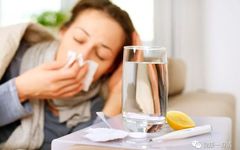Introduction: Winter is a peak season for colds. Wearing too many clothes can lead to a Wind-Heat cold, while wearing too few can result in a Wind-Cold cold. However, many people struggle to distinguish between the two. Let’s explore this topic together.
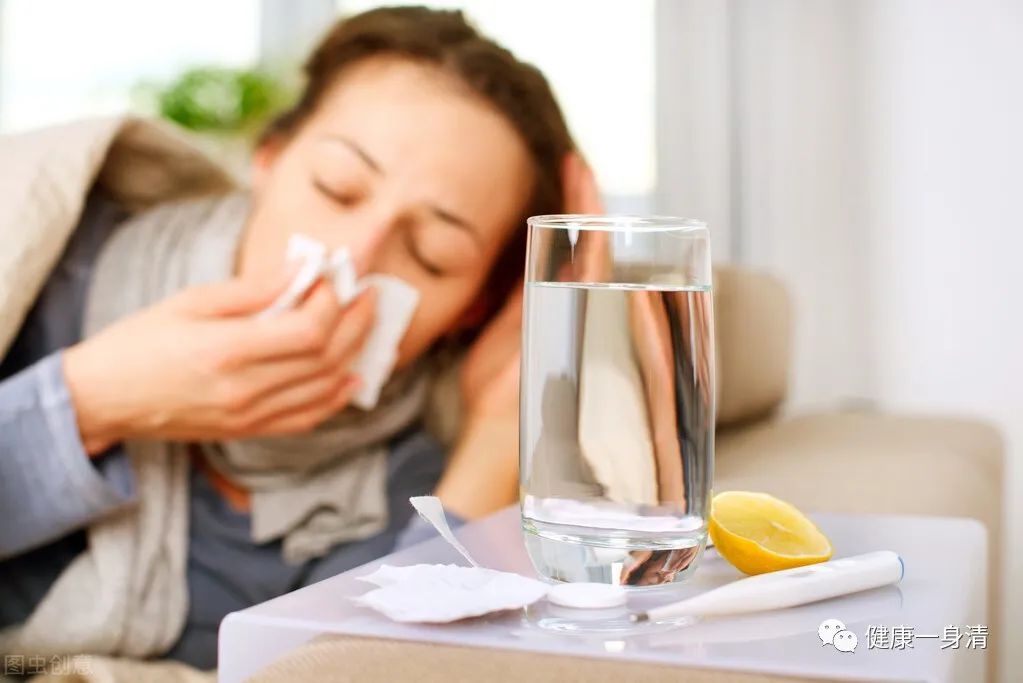
How to Differentiate Between ‘Wind-Cold’ and ‘Wind-Heat’ Colds
Wind-Cold Cold
Symptoms: Chills, no sweating, headache, nasal congestion with clear discharge, sneezing, no sore throat, no fever or low-grade fever (below 38°C), possible cough with white, thin phlegm, or general body aches.
Precautions: “When experiencing a Wind-Cold cold, the primary focus should be on keeping warm to prevent worsening of the cold. Additionally, drinking warm water can effectively help expel Wind-Cold from the body. Avoid strong tea, carbonated drinks, alcohol, and smoking to alleviate symptoms of Wind-Cold.”
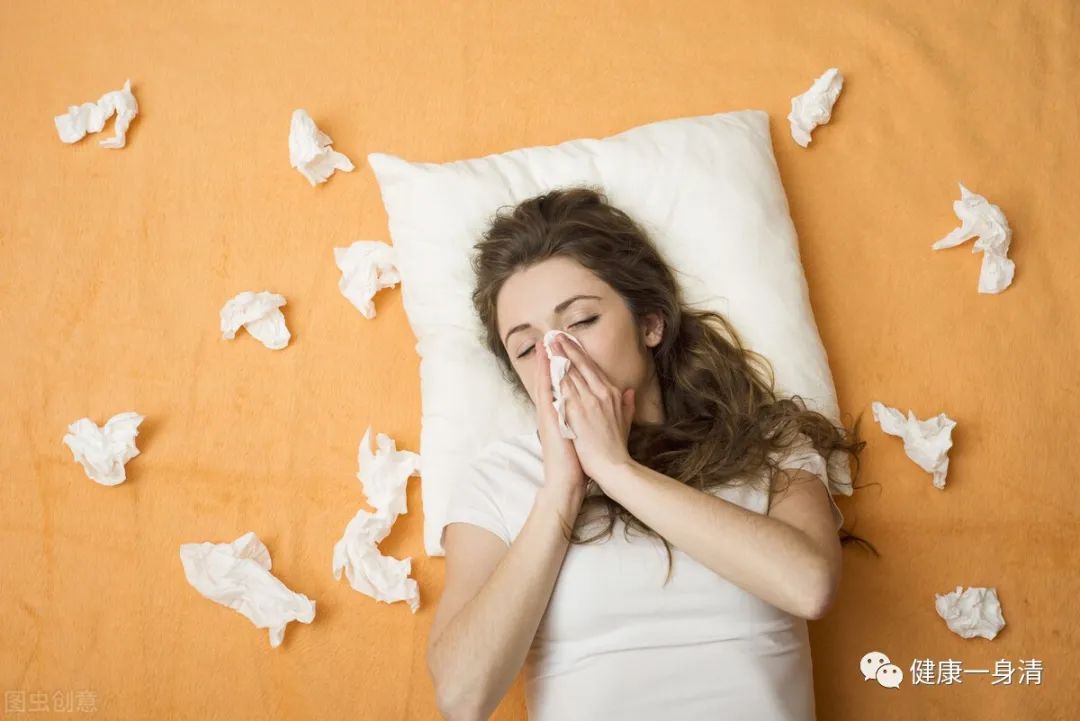
Wind-Heat Cold
Symptoms: High fever, headache, sweating, red and swollen sore throat, cough with sticky or yellow phlegm, nasal congestion with yellow discharge, dry mouth with thirst, red edges on the tongue, thin white and slightly yellow coating.
Precautions: “First, pay attention to diet; avoid raw, cold, spicy, and warming foods such as lamb, dog meat, and chicken. Secondly, maintain a regular schedule and environment; reduce outdoor activities, rest more, and ensure good air circulation and humidity indoors. Lastly, drink warm water, increase vitamin C intake to boost immunity, and consume fresh fruits and vegetables. If symptoms worsen, seek medical attention promptly and avoid self-medicating.”
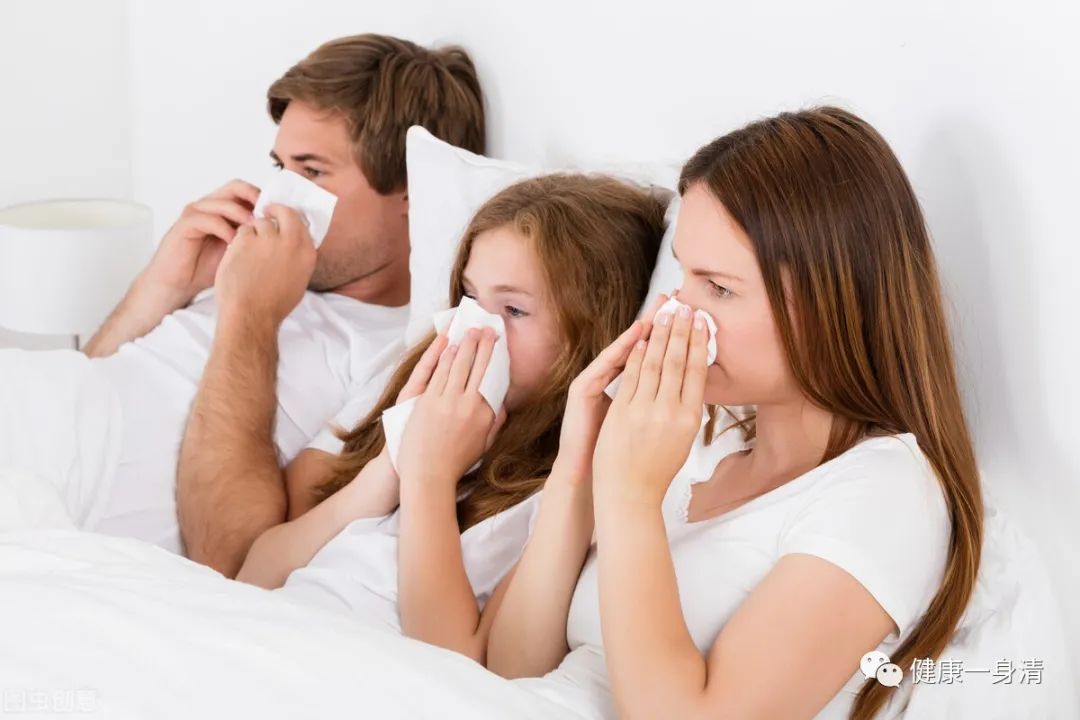
How to Prevent ‘Wind-Cold’ and ‘Wind-Heat’ Colds
The best way to prevent ‘Wind-Cold’ and ‘Wind-Heat’ colds is to enhance your immune system. A strong immune system acts as the body’s best defense, making it less susceptible to illness.

Foods to Boost Immunity:
1. Drink Water
Water is an essential natural beverage for our bodies. Drinking more water promotes metabolism, balances internal circulation, and ensures adequate hydration, which can enhance immunity. Therefore, drinking plenty of water, especially warm water, is beneficial.
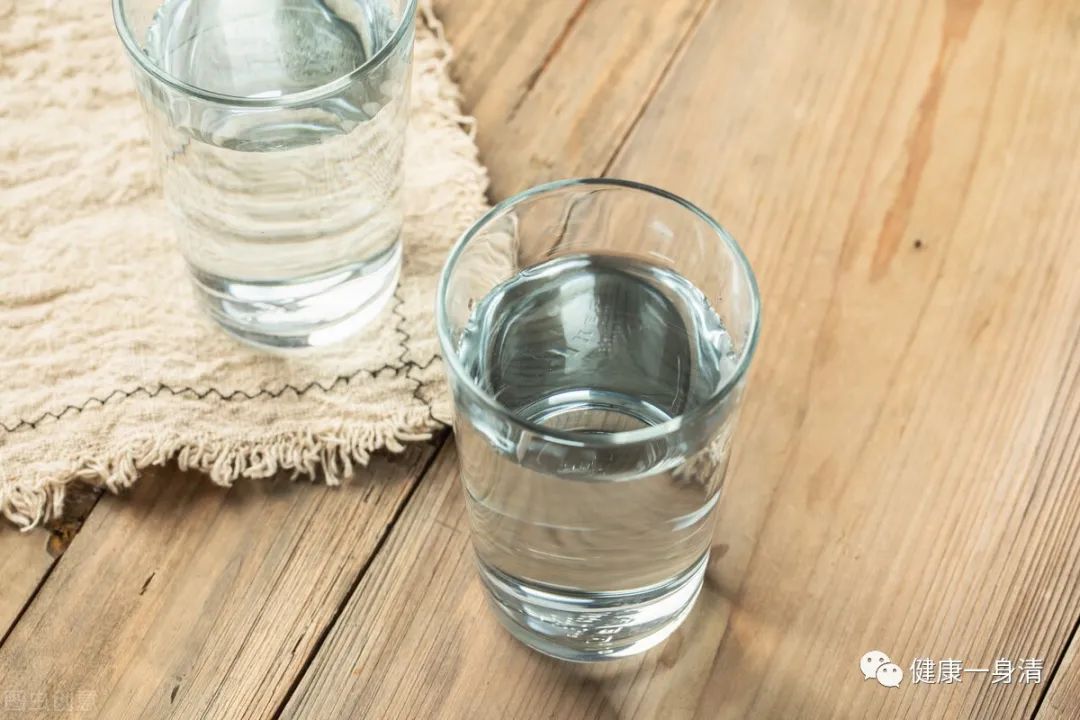
2. Eat Fresh Fruits and Vegetables
Fruits and vegetables should be a daily part of our diet as they are rich in nutrients, including various vitamins and plant proteins, which can enhance the immune system.
3. Regular Exercise
Daily exercise is essential for strengthening the body. It helps relax the body and maintain a healthy state, which can also boost immunity. Regular physical activity reduces the likelihood of illness.

4. Good Sleep
People with good sleep quality tend to be healthier. Medical studies show that sleeping eight hours a night keeps the body in a balanced state, reducing the occurrence of diseases. Thus, maintaining adequate sleep can enhance immunity.
5. Eat Light Foods
Light foods are beneficial for the body, providing essential nutrients while protecting digestive function. Eating light foods and avoiding spicy and greasy foods can enhance immunity and reduce the risk of illness.

Conclusion: Whether it is a ‘Wind-Heat’ or ‘Wind-Cold’ cold, prevention is key. We should pay attention to room ventilation, maintain a light diet, and drink plenty of water to accelerate metabolism and recovery. If symptoms do not improve after medication and worsen, seek medical attention promptly to rule out other diseases, and avoid self-medication.

